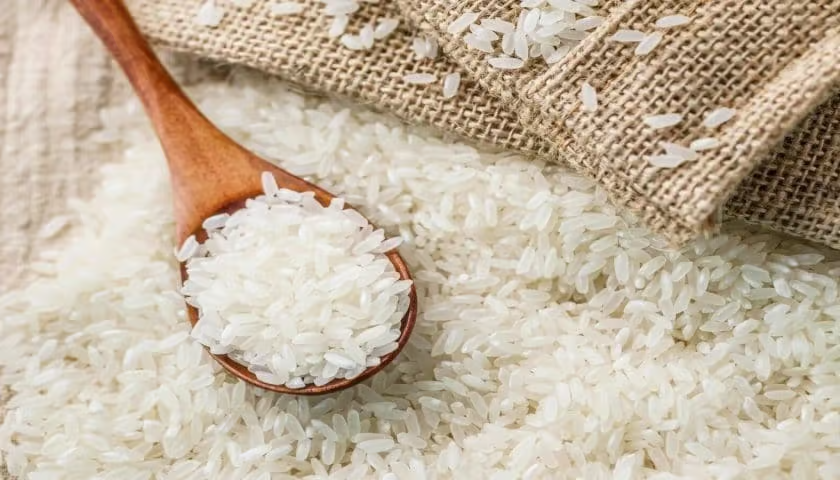Tags
Kenyan rice farmers push for national council to bolster local production
With the scheme supplying more than 60 per cent of the country’s rice, farmers argued that the government should prioritise local rice.

KENYA – Rice farmers from the Mwea Irrigation Scheme in Kirinyaga County are advocating for the establishment of a national rice council to advise the government on policies and enhance farmer welfare.
The call comes in the wake of a recent High Court ruling in Kerugoya allowing the importation of 250,000 tonnes of duty-free rice, a figure halved from the originally authorised 500,000 tonnes, a decision that has sparked concerns among local growers.
The farmers, led by Mwea Rice Growers Co-operative Society chairperson Muriuki Ndege, argue that a national council would provide informed recommendations to streamline the rice sector and foster better engagement between farmers and the government.
Speaking at a consultative meeting on Saturday, August 23, Ndege highlighted the transformative impact of the Thiba Dam, which has enabled farmers to plant up to three seasons annually, significantly boosting production. The Mwea scheme alone accounts for over 60% of Kenya’s rice supply.
“Farmers face a crisis every season because they harvest expecting their produce to be bought, but the market is often flooded by imports,” Ndege said.
He emphasized that a council could accurately assess local rice production, ensuring the government prioritizes purchasing from local farmers before resorting to imports.
The push for the council follows a legal battle led by the Farmers Party, which challenged a July 28 gazette notice by Agriculture Cabinet Secretary Mutahi Kagwe permitting the importation of 500,000 tonnes of duty-free grade one milled white rice by December 31.
Farmers argued that they are holding rice worth millions of shillings due to limited market access. The government, however, justified the imports, citing a national rice consumption of 1.3 million tonnes annually against a local production of approximately 264,000 tonnes.
Justice Edward Muriithi, presiding over the case, reduced the import quota to 250,000 tonnes and shortened the importation window to three months, from August to October, with a directive to monitor local production. “What is required is a scheme to ensure only what is necessary is imported to meet the deficit while keeping prices stable,” he ruled.
Former Mwea MP Alfred Nderitu supported the call for a council, stating it would drive sustainable growth in the rice sector by addressing challenges such as the spread of Golden Apple snails and the high cost of inputs. “Such a council would ensure the government has accurate data on rice stocks before approving imports,” Nderitu noted.
Armstrong Gitonga, secretary-general of the Mwea Veterans Community-Based Organisation, urged the government to impose higher taxes on rice imports to protect local farmers.
https://millingmea.com/kenyan-rice-farmers-push-for-national-council-to-bolster-local-production/Published Date: August 26, 2025






